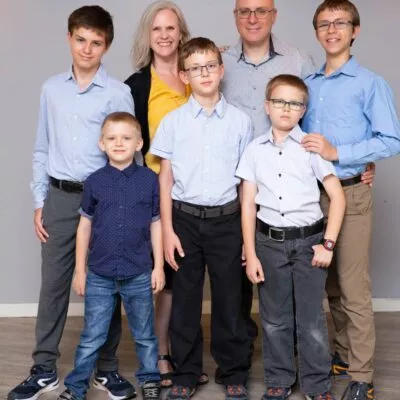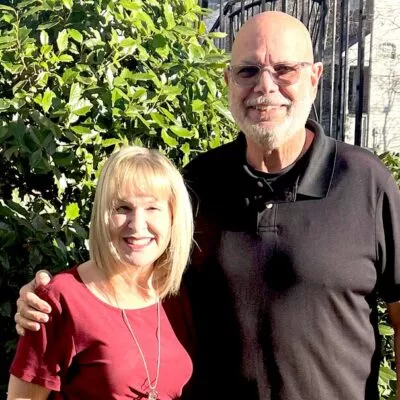A Great Heritage and a Bright Future
The State of Israel holds various meanings for Jewish people. For some, it is a modern country finally fulfilling the dream of Jewish nationhood. To others, it is the heart of the ancient and cherished hope of Messiah’s return. For a growing number of people, it is both.
Modern Israeli history began with the rise of Zionism in the late 1800s and the formation of the World Zionist Organization. After World War I and the fall of the Ottoman Empire, the League of Nations directed Britain to rule the region known then as Palestine. Between 1922 and 1939, the Jewish population in the land increased to 449,000 from about 84,000.[1] Most clustered in the area around Tel Aviv, which boasted a Jewish population of 150,000 by 1939.[2]
Finally, on May 14, 1948, the State of Israel declared independence. Since then, Israel has risen to take its place among the modern nations. Despite wars threatening its existence and the hostility of some surrounding countries, it has not only survived but thrived. Its contributions to many fields of human endeavor are disproportionately large, considering its small size.
Israel’s Jewish population is now more than seven million people. One major reason for Israel’s recent population growth is the immigration of more than one million Jewish people from the former Soviet Union since the 1990s.[3] About two million Arabs live in Israel as well.
Current Ministry in the Holy Land
The sudden influx of Jewish immigrants from the former Soviet Union in the 1990s was instrumental in forming the present Israel staff. Eleven come from this background, including our present ministry director, Michael Zinn.
In 2005, Chosen People Ministries was, through the Lord’s provision, able to purchase a facility for a Messianic center in the heart of Jerusalem. The center now serves as a hub for Chosen People Ministries’ activities in Israel, including evangelism, discipleship, education, publications, and leadership training. The center has also greatly increased the ministry’s ability to accommodate our short-term missions programs from the United States and elsewhere.
In addition, for the past several years, Chosen People Ministries has conducted a vibrant ministry in the greater Tel Aviv area—home to about four million Jewish people. Our concerts, Bible studies, and Sabbath dinners are popular, especially among Israeli young adults. At the end of 2022, we purchased a property to replace our current rented center. This new facility is more than twice as large and will allow us to do simultaneous adult and children’s programs. We hope to dedicate the new Tel Aviv Messianic Center in December 2023.
[1] “Jewish and Non-Jewish Population of Israel/Palestine (1517–Present),” Jewish Virtual Library, accessed March 16, 2023, https://www.jewishvirtuallibrary.org/jewish-and-non-jewish-population-of-israel-palestine-1517-present.[2] Eran Razin, “People of Tel Aviv-Yafo,” Encyclopedia Britannica, accessed March 16, 2023, https://www.britannica.com/place/Tel-Aviv-Yafo/People.
[3] Lily Galili, “The Other Tribe: Israel’s Russian-Speaking Community and How It Is Changing the Country,” Brookings, September 21, 2020, https://www.brookings.edu/research/the-other-tribe-israels-russian-speaking-community-and-how-it-is-changing-the-country/.



